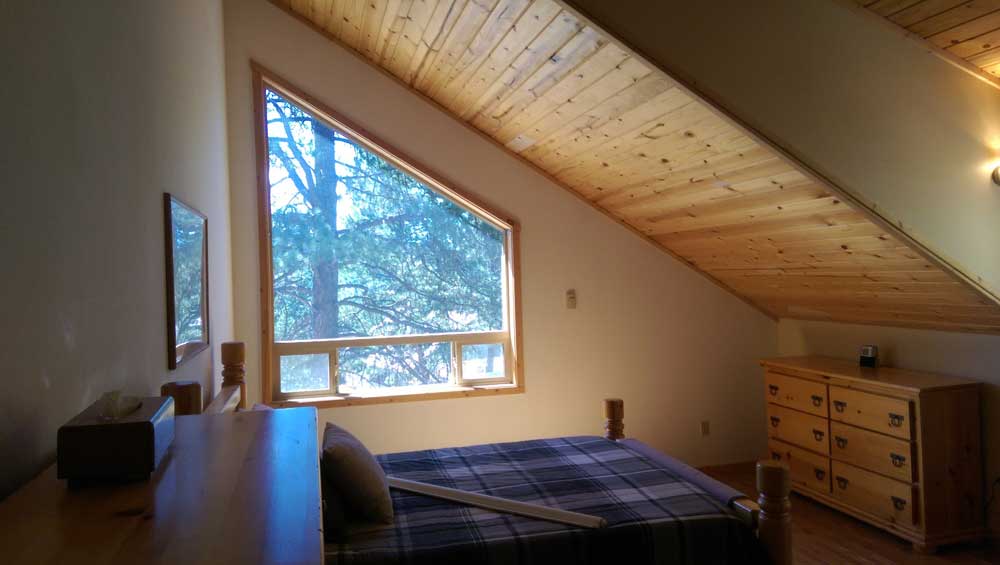If you are looking to improve your home to enhance energy efficiency, home window tinting is worth checking out. These are the best and worst reasons to get window tinting installed to help you to figure out how to apply this green feature to your home.
Pros of Putting Window Tint On Your Home
They Lower Your Utility Bills
You can save upwards of 40% on your utility bills just by putting tinting onto your windows. This occurs because of the reduction in heat transference during the summer. This means you’ll be using less central air or fans to cool. The savings over the long run is going to cost less than window replacement.
Clear Windows
The newest window technology for tinting isn’t literally a fix anymore: the windows do not need to be dark or seem reflective to block the UV rays and provide you with benefits. You’ll be able to keep your view and your clear windows.
Less Heat In The Home
Tinting your windows has the capacity to reduce sun rays from blasting into your home. As you’re sitting near a window, the window tinting can prevent heat from entering into your home by up to 55%. This makes you feel a lot more comfortable on those scorching days.
Better Security
Window tinting for your home is applied like a film and has the ability to protect your household when an accident such as a window breakage occurs. The window film can stop a window from dangerously shattering and leaving glass on the floor where someone would step on it.
Cons of Putting Window Tint On Your Home
Picking The Right Film
Each installer is going to have his/her own preference for the style of tinting. One way to solve this is to check out the NFRC certification. This rates different types of window tinting brands for their efficiency based on the solar heat gain coefficient (SHGC).
There are literally hundreds of window films to choose from, all with a variety of ratings. In order to even start narrowing down your selection, you already need to know what is important to you in a window film. It could be heat reduction, glare reduction, UV blocking, increased security, enhanced, privacy, or other factors. In order to select the right film, you need to understand these factors and what is most important to you for your property.
Picking The Best Film For Your Environment
Your place of residence is going to determine the kind you’ll want to buy. Clear film is going to allow light to come in and will keep solar heat out from higher temperature climates. This won’t be as advantageous for colder climates where you’ll want to keep the passive solar heat from escaping. Exercise caution when choosing your residential window tinting.
Get a Free Estimate
Contact Meridian Window Tint for a free consultation on which window film is right for you along with an estimate.

